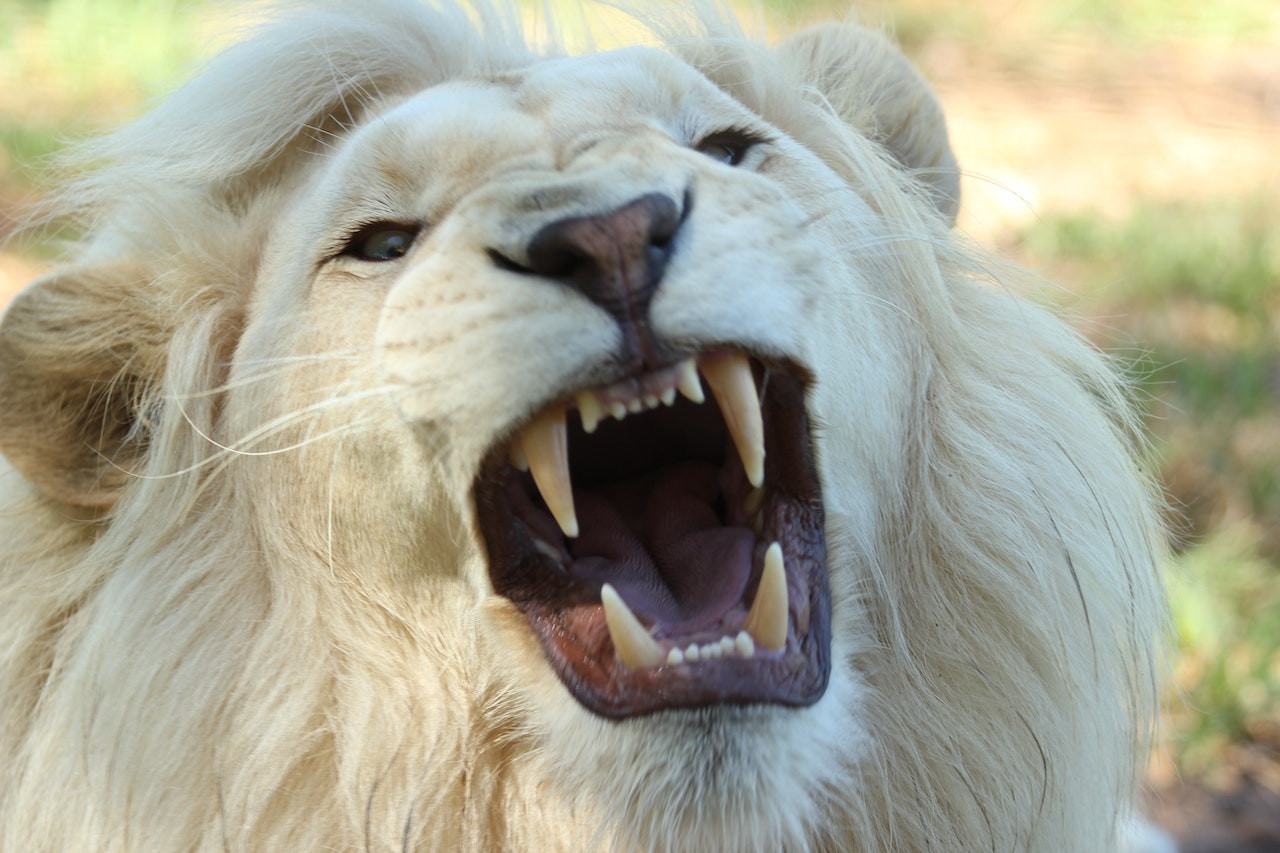History of White Lions
Dura Johnson
- Post By Dura Johnson
- 2 years ago

White lions are a rare and fascinating animal that has captured the imagination of people around the world. They are a genetic variation of the African lion, Panthera leo, and have a unique appearance that sets them apart from their brown-maned counterparts.
The exact origins of white lions are still shrouded in mystery, but they are believed to have existed in the wilds of South Africa's Timbavati region for centuries. The first recorded sighting of a white lion in the wild was in 1938, when a white lion cub was discovered by a local farmer. The cub was taken in by a game reserve, where it lived out its days in captivity.
White lions were virtually unknown outside of South Africa until the 1970s when they were first introduced to the rest of the world. The first white lions to be brought to the United States were a pair of cubs named Temba and Tombi, who arrived in Chicago's Brookfield Zoo in 1974. These cubs were bred from normal-colored lions that carried the recessive gene for white fur.
In the years that followed, white lions became increasingly popular in zoos and wildlife parks around the world. However, they remained a rarity in the wild, with only a handful of sightings reported in the decades since their discovery.
Today, white lions are still considered to be a rare and endangered species. There are estimated to be fewer than 300 white lions in the world, most of which are in captivity. Efforts are underway to protect these magnificent animals and preserve their unique genetic traits for future generations to enjoy.
In conclusion, the history of white lions is a fascinating one that spans centuries. From their mysterious origins in the wilds of South Africa to their introduction to the rest of the world in the 1970s, these beautiful creatures have captured the hearts of people around the world. While they remain a rare and endangered species, efforts are underway to ensure that they are protected and preserved for generations to come.

